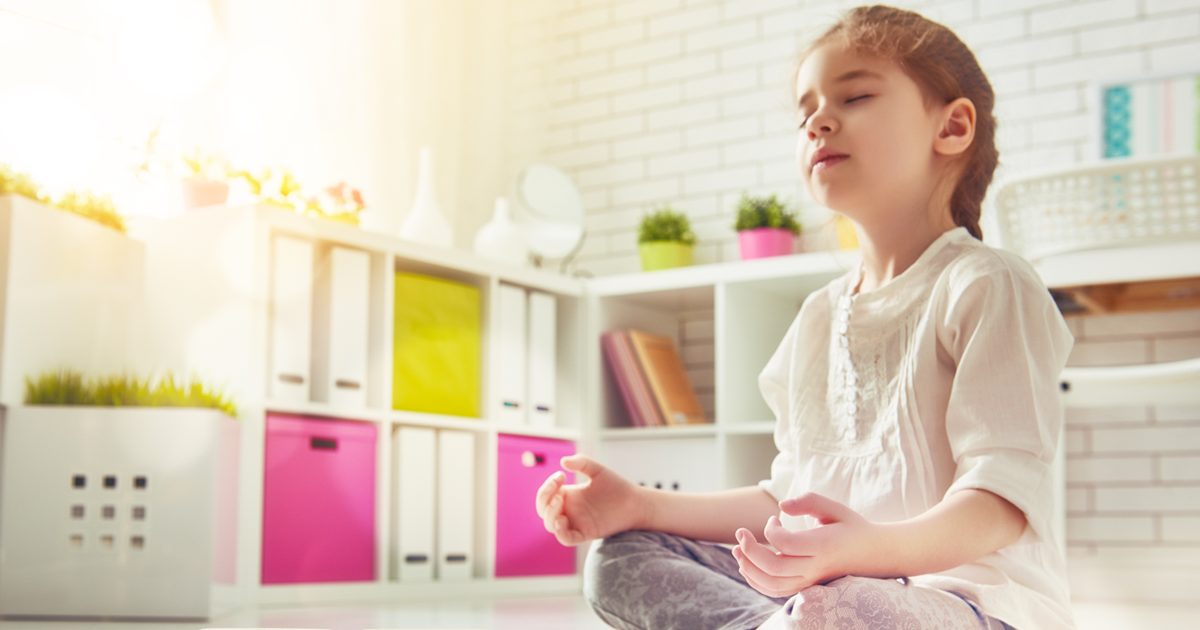
1. Mindfulness can strengthen the neurodevelopment of self-regulation
When introduced at a young age, mindfulness has the ability to strengthen a child’s neurodevelopment of their capacity for reflective reprocessing. This means that a child’s ability to reflect. on and interpret their actions and the consequences of their actions can be heightened. By strengthening a child’s reflective reprocessing mindfulness addresses the core factor of self-regulation.
2. Mindfulness can aid in a child’s learning process
experience increased levels of stress and anxiety compared to children without ADHD. Symptoms of hyperactivity and inattention, especially in the classroom, create a barrier to learning and increase anxiety for children, parents and teachers. With the practice of mindfulness meditation children with ADHD can reduce their levels of stress. When kids are relaxed it is easier for their brains to learn and retain information.
3. Mindfulness encourages positive reinforcement and allows kids to be themselves
Mindfulness is not about curing a child with ADHD, it is about encouraging children to work better with what they have. Often children with ADHD are subject to negative reinforcement due to their behavioural challenges. The tenants of mindfulness encourage acceptance, curiosity and awareness which can give parents and children the opportunity to foster a child’s ability to reach their potential. Instead of fighting against the energy of a child with ADHD, mindfulness allows us to understand and utilize that energy in a positive way.
4. Mindfulness can strengthen a child’s ability to pay attention
Not only can mindfulness help kids feel more relaxed in stressful situations, a mindfulness practice can train a child’s attention to be able to focus for longer periods of time. Mindfulness meditation activities require a child to be focused on one task at a time. Though children with ADHD may have to start with short tasks or activities, building up to longer tasks will strengthen and train their ability to focus for longer. A greater ability to focus can be carried to other aspects of a child’s life including school and interpersonal relationships.
5. Mindfulness can lead to more effective parenting and less conflict
Mindfulness is not only beneficial for children with ADHD it is also helpful for their parents and family members. If a child is being encouraged to practice mindfulness it is highly beneficial for their parents to do so as well. Being a mindful parent can help reduce the stress, anxiety and chaos that is often involved in parenting while allowing parents to be more curious and engaged in their child’s behaviours and feelings. Both a mindful parent and a mindful child are less reactive during conflicts and have a better understanding and curiosity for themselves and others.











